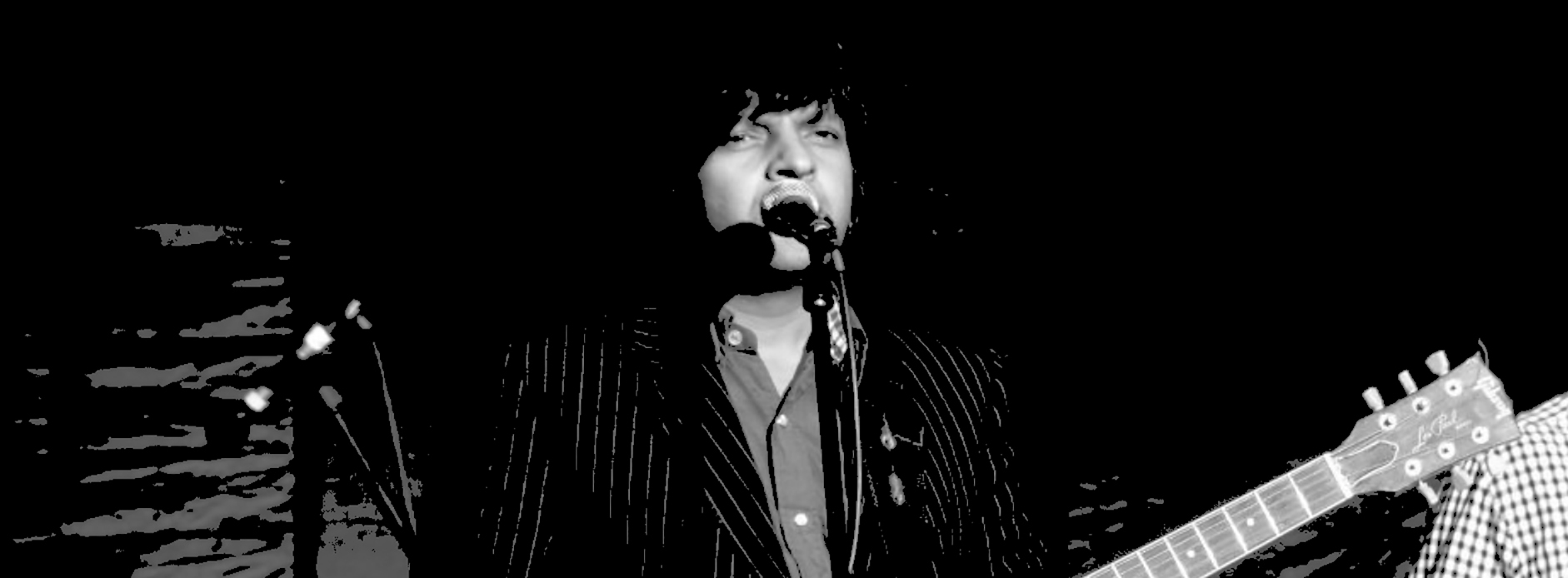
“Music is more than music. It’s a lifestyle, it’s an attitude and it’s an approach… We wouldn’t carry on if we didn’t think we still had something to prove. So we carry on, because there’s still a story there to be put straight.”
Tjinder Singh at length about how his experiences with all sizes of record companies informed his band’s own Ample Play label, how Cornershop still works to be understood two decades into their career, longing for the return of the joys of doing something – or nothing – in a café, and how his own upbringing still informs his writing through political and societal shifts. Oh yeah, and the perennial need to tamp down “Spandex trouser” fretwork.









